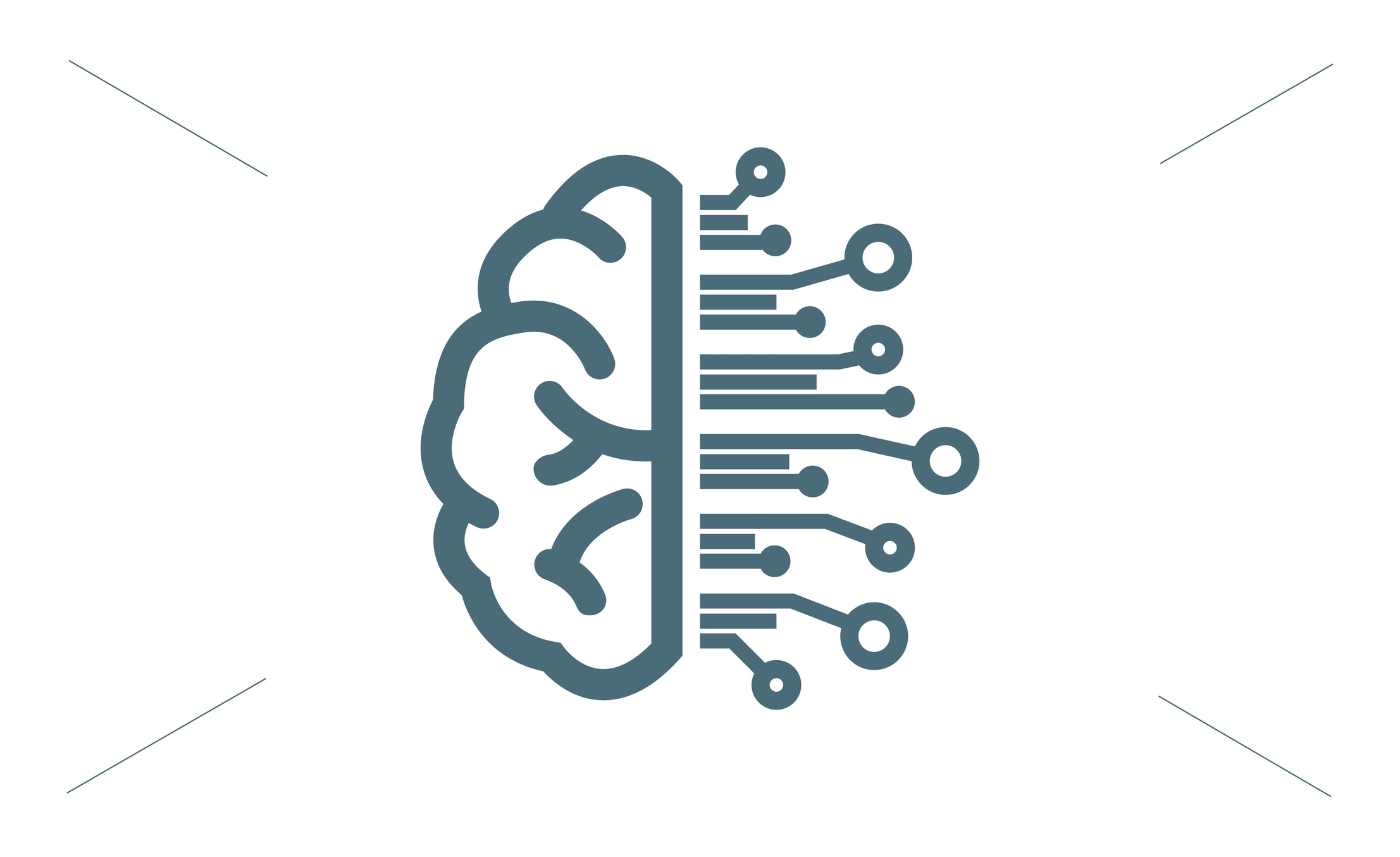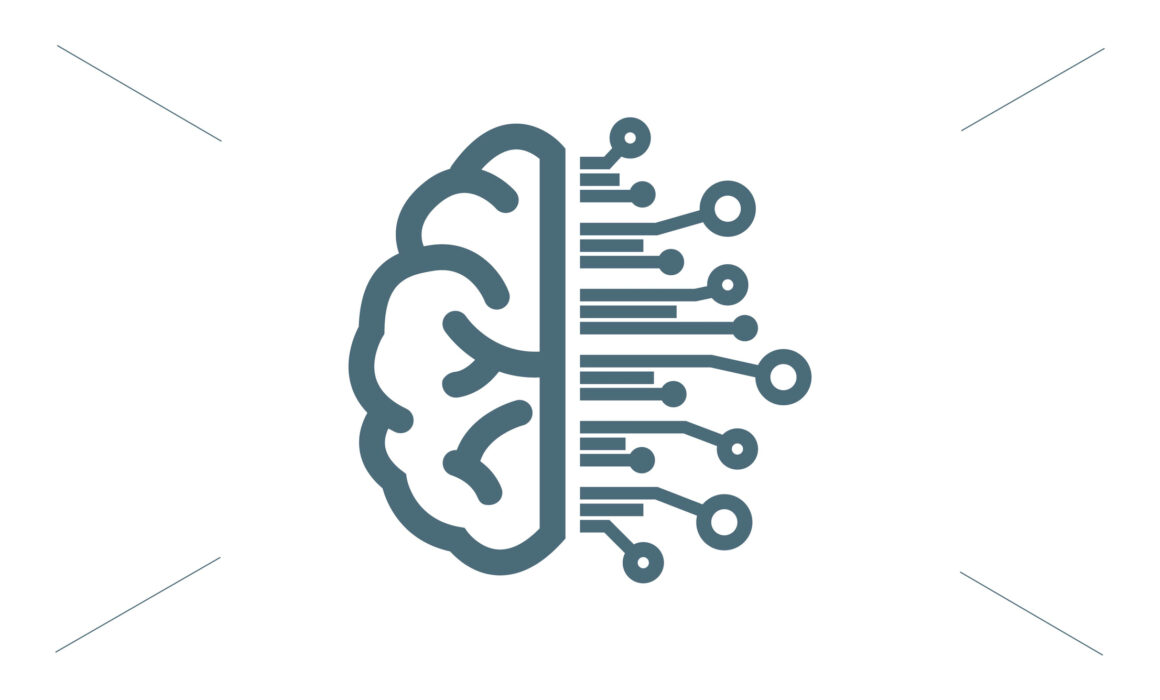The role that technology plays in the success of almost any company has increased tremendously in the past decade. With the introduction of artificial intelligence and accelerated cloud adoption, technology’s influence will only grow. However, as we gain a better understanding of technology, we also need to recognize its limitations. For example, artificial intelligence may create, but it can’t be creative. It cannot replicate things like intuition, emotional intelligence, cultural context, and changing situations. Regardless of the latest tools and technologies, we see the following skills as being key differentiators for candidates in the workforce going forward.
- Communication: Effective communication, including verbal and written communication, active listening, and the ability to convey complex ideas clearly, will continue to be essential in any professional context.
- Adaptability and Resilience: The ability to adapt to change and bounce back from setbacks is critical in a rapidly evolving world. Employers value individuals who can remain flexible and positive in the face of challenges.
- Problem Solving and Critical Thinking: Analytical thinking, creative problem solving, and the capacity to make well-informed decisions will be increasingly important, especially in roles that involve data analysis or complex decision making.
- Emotional Intelligence (EQ): Understanding and managing emotions, as well as recognizing and empathizing with the emotions of others, is a valuable skill in teamwork, leadership, and customer-facing roles.
- Teamwork and Collaboration: Effective collaboration and the ability to work well in diverse teams will remain highly sought-after skills, especially as remote and virtual team environments become more common.
- Leadership Skills: Leadership qualities such as motivating others, delegation, and inspiring trust in a team will continue to be important, whether in formal leadership roles or as an individual contributor.
- Time Management and Organization: Efficiently managing time, setting priorities, and staying organized are skills that enhance productivity and effectiveness in any role.
- Initiative: Taking initiative in the workplace can help you demonstrate your value to your manager and colleagues. Proactive employees tend to take more responsibility for their actions and display qualities that make them good leaders.
- Creativity and Innovation: The ability to think creatively, generate innovative ideas, and approach problems from new angles will be valuable as organizations seek to differentiate themselves and adapt to changing markets.
- Networking and Relationship Building: Building and maintaining professional relationships can be instrumental in career growth and opportunities.
Future leaders who embody these skills and personality traits will be able to find success in the workplace, regardless of technology’s advancements.


